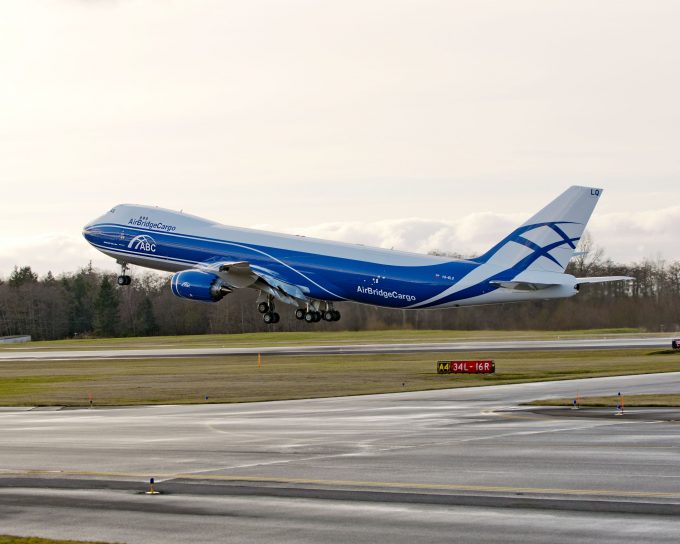Maersk u-turn as port congestion increases across Northern Europe
Just a few months after electing to swap its UK hub from Felixstowe to London ...

AirBridgeCargo (ABC) has big ambitions. As rival Cargolux sets its sights firmly on China, as it must, it seems ABC is stepping into a void that is left, taking two of Cargolux’s top executives and, according to forwarders, as service levels decline at Cargolux, they ...
Four crew members still missing as Wan Hai 503 continues to burn
Explosions and 'out-of-control' fire reported on Wan Hai box ship
Predatory rivals circle as the ripples from DSV's Schenker buy widen
MSC Elsa crew face criminal probe, as Wan Hai 503 firefighters battle on
Latest Israeli attack on Iran a threat to box ships in Straits of Hormuz
'It's driving us mad', say forwarders as US court fails to end tariff turmoil
Transpacific rates ease as capacity boost proves too much for trades to digest

Comment on this article